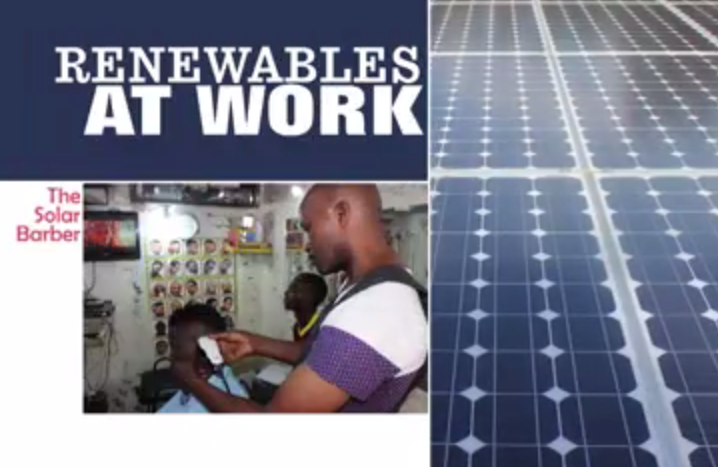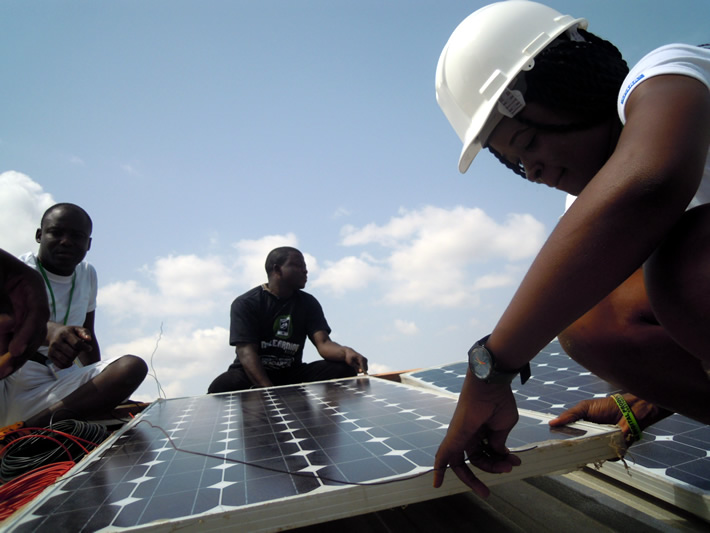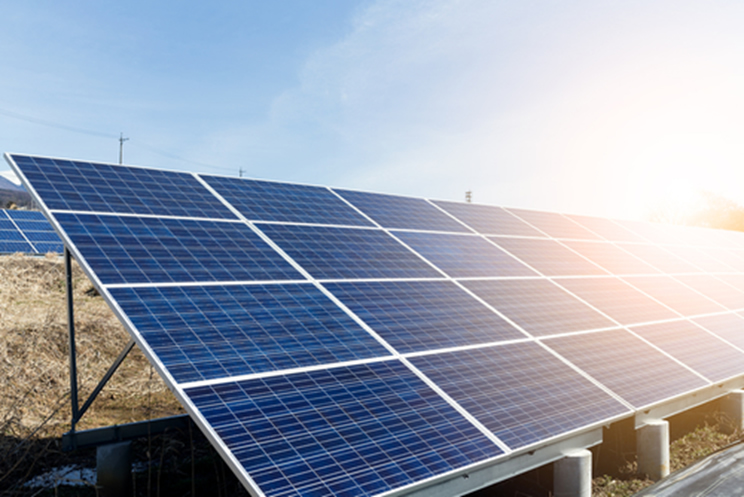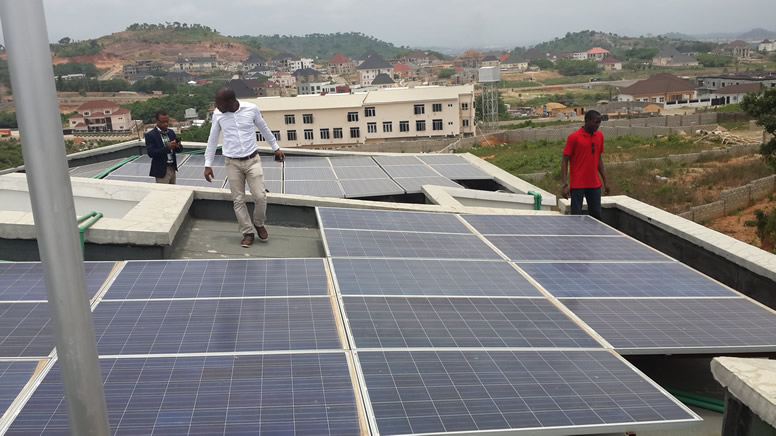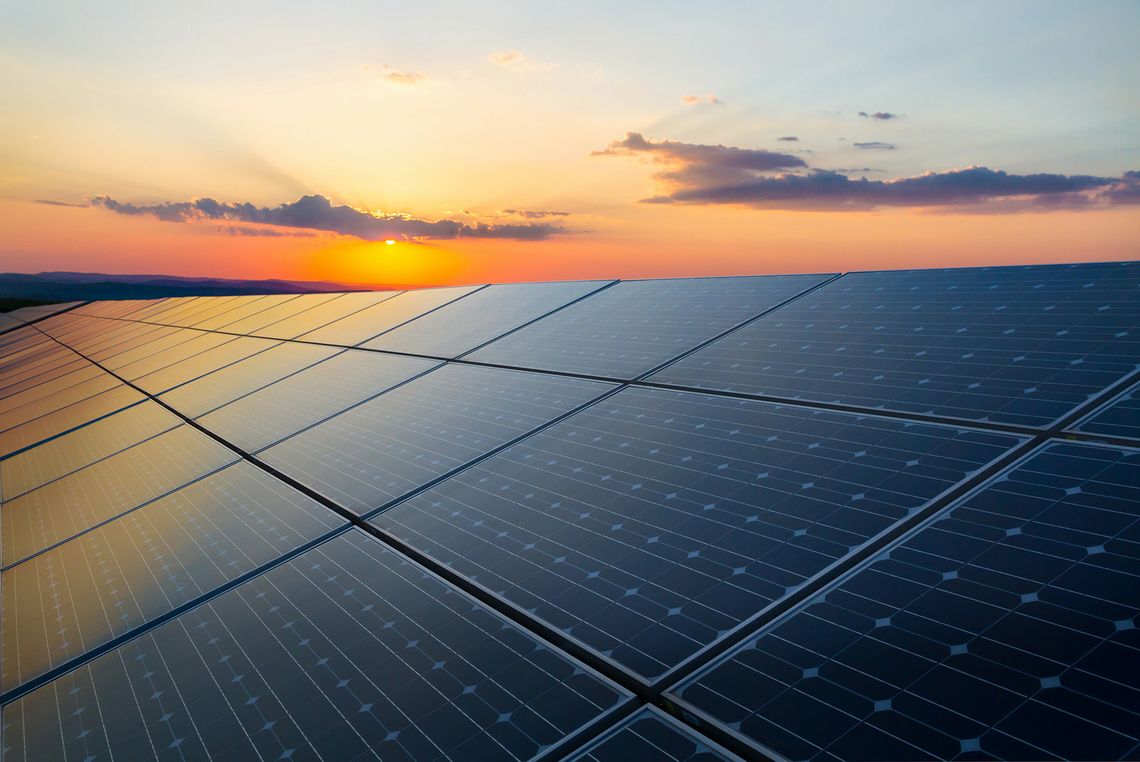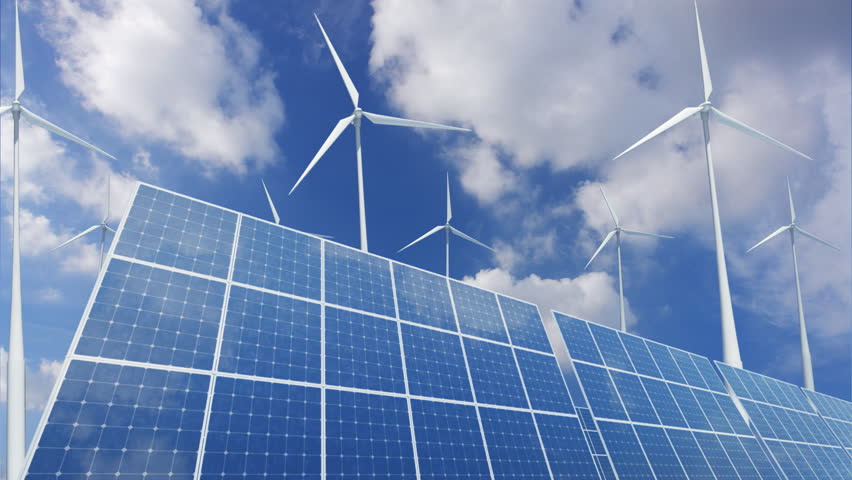Renewables
Efe, a professional barber from Lagos, has expanded his business by about 40 per cent after installing his own solar panels. He is even starting a second barbing saloon in another part of town. Find out how he was able to do it in this short video.
In emerging economies where jobs and access to power are often linked in an unfortunate downward spiral, there is also a growing realisation of the potential boost that off-grid renewable power can offer small and medium sized businesses. There are truly Nigerian business models that can use renewable energy to create really substantial numbers of jobs throughout…
A vast number of communities in Nigeria have no access to electricity supply, and even where they are linked to the national grid, power supply is unreliable and remains below economic relevance to SMEs and home consumers. What are solar energy mini-grids and how far can they go in meeting the energy and development needs of rural…
The rise of renewable energies worldwide has caused prices of solar, wind and biomass technologies to drop by up to 80 percent. Clean energy has become affordable and communities, companies and nations are switching over. Hannah Kabir of CREEDS Energy describes the clean energy opportunities for Nigeria. A chapter from the Coal Atlas.
Despite the acute lack of electricity and the huge potentials for solar, wind and biomass in Nigeria, the renewable energy market is very small. Is Nigeria addicted to oil and gas? Or is there a policy window of opportunity to increase the amount of renewable energy that would benefit small businesses and households? An assessment by Christine…
The Nigerian energy landscape is difficult to understand and in some instance not transparent. A 2015 publication by the Nigerian Energy Support Programme, a collaboration between the Ministry of Power and the German technical cooperation giz, sheds light on the applicable policies and regulations and puts a special focus on renewable energy, energy efficiency and rural electrification.
Nigeria’s renewable energy potentials are vast. Some plans and policies have been drafted in the past, stating the government’s commitment to developing the country’s renewable energy profile. The first Renewable Energy Master Plan was drafted in 2005. A revised REMP was developed in 2012, but was never approved by the Federal Executive Council. In 2015, the government…
In Amakpa community in Edo state, Solar panels have powered a borehole for the past four years. The experience has been without hitches, a win-win for the villagers as Adesesde Oghademegbe explains in this short video.
Many Nigerians have grown skeptical about the power of solar. The general impression is that solar energy cannot provide a lot of power, that ‘it’s not bright’ and that it breaks down after just a few months. One solar engineer in the capital city of Abuja has gone all the way to demonstrate that this impression is…
The share of renewable energy in the global power mix is growing fast. Nations and corporations are switching over. However, a complete shift away from fossil energy is still not in sight. A chapter from the Coal Atlas.


